Keywords: Diversity
There are more than 200 results, only the first 200 are displayed here.
-
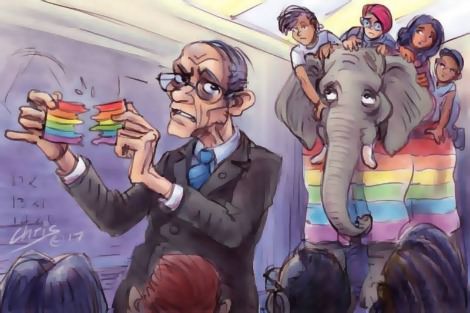
EDUCATION
- Neve Mahoney
- 06 April 2017
20 Comments
Recently Gilbert Baker, the man who designed the rainbow pride flag, died. The flag was designed to be a symbol for the LGBTIQ movement, representing the diversity of the community. Within the same news cycle, it was reported that Catholic Notre Dame University in Sydney had had pride flag stickers torn down from its student association office. Schools' main concern should be the welfare of students, but that is difficult when they have an arm tied behind their backs in regards to LGBTIQ students.
READ MORE 
-
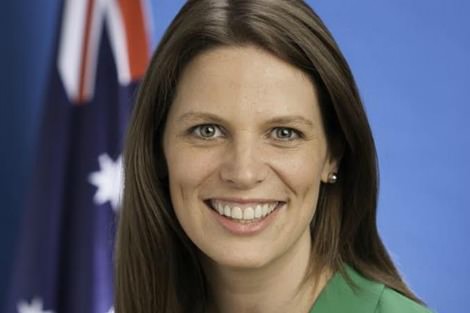
AUSTRALIA
- John Warhurst
- 30 March 2017
3 Comments
The announcement by Kate Ellis, the 39 year old federal Labor MP for Adelaide, of her retirement at the next election to be with her young son came as a surprise. Several Fairfax journalists were dismayed. Stephanie Peatling issued a challenge: 'It's not people who should have to change to make their lives fit politics as we know it. It's politics as we know it that should change.' The immediate issue is gender balance, but the wider context is all types of diversity in parliament.
READ MORE 
-

INTERNATIONAL
- Catherine Marshall
- 29 March 2017
6 Comments
In the past two weeks I've met a man who crossed the Andes on foot, horse, bicycle, car and even rollerblades. I've trekked with a mountain guide to a rocky outcrop upon which he was due to marry his fiancé the following weekend, before abseiling down it with her. I've stood in a forest with a woman who came here in the hope of finding the perfect plot of land. Landscapes have a profound effect on the traveller, but it's their inhabitants who evoke for us the soul of a place far more effectively.
READ MORE 
-
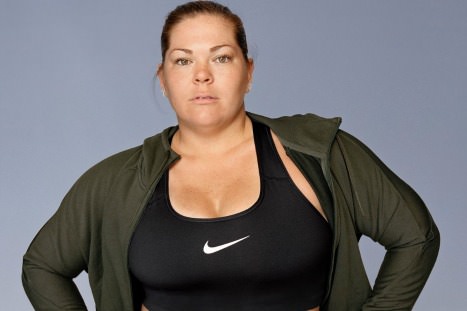
MEDIA
- Rachel Woodlock
- 23 March 2017
3 Comments
Elite athletes wear Nike. Celebrities wear Nike. Beautiful people. People who take their sports seriously. Well, that's what decades of advertising around the little swooshy tick and 'Just Do It' trademark told us. Fat girls don't deserve to wear Nike because they are supposed to feel ashamed of their ample girths. They should exercise, of course, but in sackcloth and ashes, with downcast faces, signalling they understand their moral depravity. Some people, it seems, still feel that's the way it should be.
READ MORE 
-
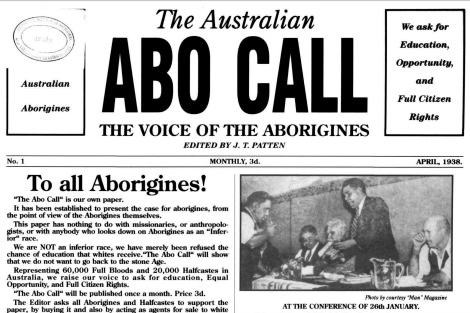
AUSTRALIA
- Dani Larkin
- 23 March 2017
9 Comments
In the face of historically low levels of Indigenous representation in our parliaments, the Indigenous caucus between Commonwealth, State and Territory Labor representatives points to some progress. It is aimed at increasing Indigenous voter engagement figures, increasing Indigenous Labor candidacy, and developing strategic plans that encourage Indigenous students to become young leaders in Parliament. Those are all necessary and noteworthy causes. But we have a long way to go.
READ MORE 
-

MEDIA
- Rohan Salmond
- 17 March 2017
22 Comments
The Bible Society didn't think its video promoting civilised discussion about same-sex marriage would be a problem, but it pushed a lot of buttons they didn't even know existed. There are a lot of layers to the public's reaction, but here's one: the Bible Society has never taken an explicit public position on the present marriage debate, but its sister organisation, the Centre for Public Christianity, only features videos and essays by people who hold an exclusively man-woman view of marriage.
READ MORE 
-
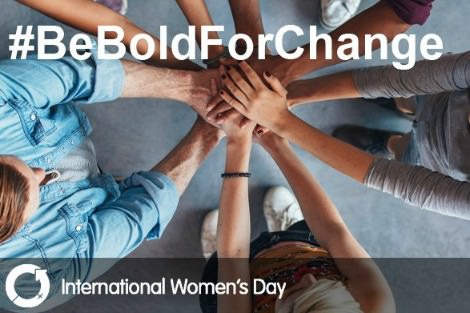
AUSTRALIA
- Jennie Hickey
- 07 March 2017
1 Comment
The theme for this year's International Women's Day is 'Be Bold For Change'. This involves an aspiration for action, assertiveness urgency. Because the changes required are considerable, in number and in scope. Statistics still reflect a 16 per cent gender pay gap. While there has been some movement of gender diversity on boards (25.3 per cent as at 31 January 2017), only 17 per cent of CEOs in Australian companies were women. The attitudes that underpin such dire statistics run deep.
READ MORE 
-
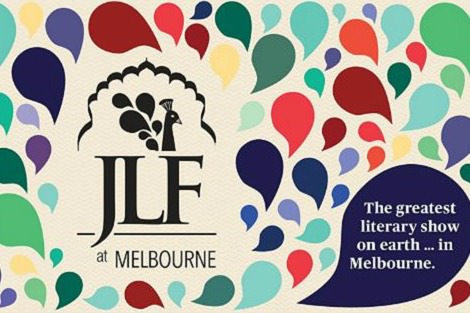
AUSTRALIA
- Tseen Khoo
- 20 February 2017
1 Comment
Recognising the necessity of initiatives and events in which you would not participate but that others find exciting and worthwhile is partly about social generosity. It's also about acknowledging that the public culture that surrounds you is not - and should not - only reflect you and your priorities. Ideally, it would involve knowing about, and potentially advocating for, the presence of groups and voices that are currently absent or misrepresented.
READ MORE 
-

AUSTRALIA
- Andrew Hamilton
- 14 February 2017
19 Comments
In itself inequality is not harmful. It is part of the diversity proper in any human society. But the inequality that is now in question is toxic because it is extreme when measured by any scale, and because it is programmed to increase. It is self-perpetuating and self-intensifying. The increase of wealth of the few entails the marginalisation and impoverishment of others. Inequality is the enduring root and not the transient blossom of the plant of social division.
READ MORE 
-
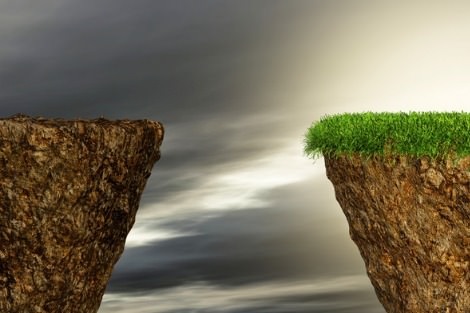
ENVIRONMENT
- Greg Foyster
- 02 February 2017
10 Comments
If climate change were a short-term problem, polarisation wouldn't be so crippling. One side could push a solution through parliament, and by the time the other side took power it might be a non-issue. But climate change is an extraordinarily long-term problem that requires massive investment in new infrastructure and consistent policy settings over decades. It needs a supermajority of support so years of work isn't undone with each change of government. That means getting conservatives on board.
READ MORE 
-
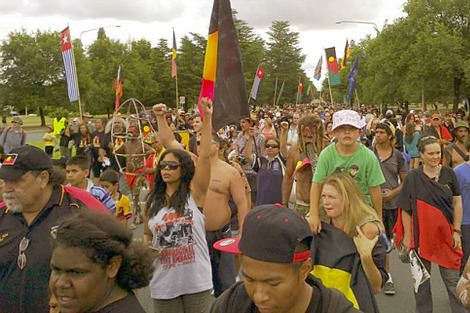
AUSTRALIA
- Celeste Liddle
- 23 January 2017
27 Comments
For many years I felt that by changing the date we might come to a more inclusive national celebration. However the past few years of Indigenous activism have left me cynical. The things we were fighting for decades ago are very similar to the things we're still fighting for. Australia has not acknowledged and rectified its history; rather it seems content to reinforce its amnesia. It's therefore unlikely I will be able to stop protesting this celebration, regardless of the day it's held upon.
READ MORE 
-

AUSTRALIA
- Ann Deslandes
- 20 January 2017
12 Comments
Like all authorised generalisations, this luminous, unified vision of Australia contains truth, exaggerations, and lies. As well as being a globally known story, it's also the story Australia most likes to tell itself; it sings through ideas like the lucky country, the land of the fair go, the land of the long weekend. Social research on Australia tells a more complex story. Australia is in fact an ethnocracy - a state that is formed in the image and for the benefit of a dominant ethnic group.
READ MORE 